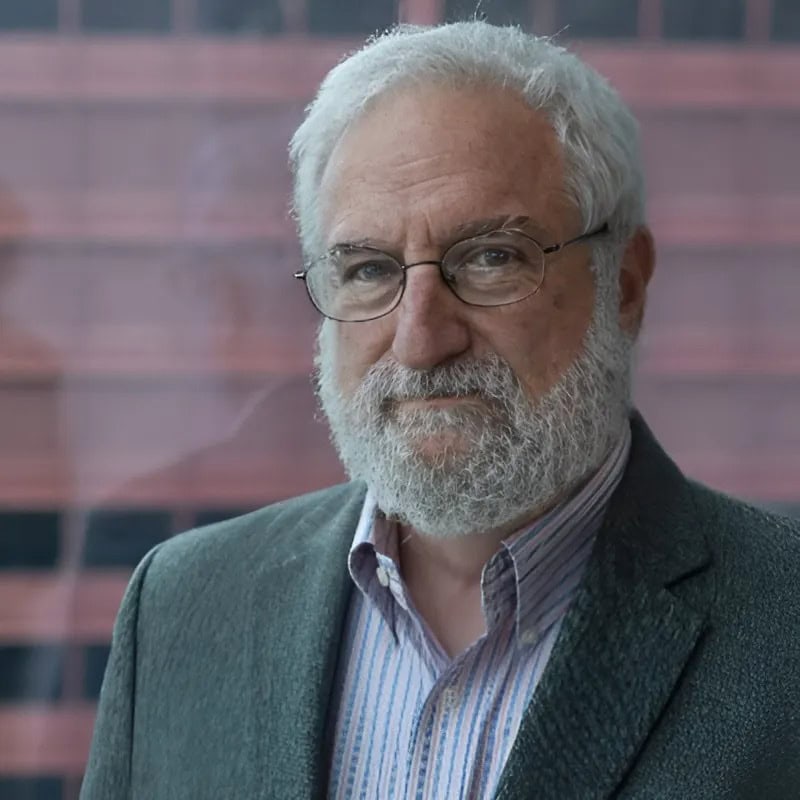History has long been a cosmopolitan enterprise—going back at least to Herodotus, who might (or might not) be 2,500 years old this year. Just as comfort with uncertainty stands alongside our commitment to evidence, professional identification according to national or continental borders coexists with a long tradition of comparative and international scholarship. This tradition has been aided by the latest waves of economic and technological globalization, and dramatic improvements in the accessibility of faraway primary sources and scholars. Whatever historians study and however we identify ourselves, we recognize the value of international scholarly community, of intellectual interaction across borders.
The institutional organization of professional historians, on the other hand, has stayed largely within nation-state frameworks. An early effort to transcend national boundaries came in the wake of World War I. The Comité Internationale des Sciences Historiques (CISH), founded in 1926 in the hopeful spirit of the League of Nations, brought together historians from different countries to discuss historical methodologies, to improve access to primary sources, and to identify areas for international scholarly collaboration. Almost all of the representatives were white men from Europe, complemented by their counterparts in the United States. The builders of CISH understood the value of bringing together the historians of the world to promote matters of common interest, albeit within the framework of a culture of exclusivity.
After World War II, UNESCO seized the leadership role in forming a comprehensive international structure for humanities, social science, and natural science associations. CISH joined the humanities chapter of UNESCO and, during the 1950s, expanded its membership structure to include affiliated international organizations such as the AHA. Still largely Eurocentric (its first meeting outside Europe was held in San Francisco in 1975), CISH sponsored many international initiatives, such as an annual bibliography of major works in history.
All historians benefit from interaction with scholars who share their interests but have been trained in other traditions and work in different contexts.
This landscape is changing. CISH (now also known by its anglicized acronym, ICHS) has expanded its membership to over 80 national associations and international organizations from every continent except Antarctica. It has prioritized support for fledgling professional associations of historians in African nations. The CISH conferences, hosted every five years by a different country, have flourished. The 2015 meeting in Jinan, China—my first—had over 2,000 participants, with themes ranging from global and transnational history to gender and digital history, as well as other areas of study standing front and center at historical conferences in the United States. CISH requires each host country to subsidize the expenses of historians working in under-resourced nations, making it not only more diverse demographically but also more accessible to historians who might not have had the cultural, material, or institutional resources to enter the international scholarly arena. Obstacles remain, the cost of international travel chief among them. But recent changes in the CISH calendar, spearheaded in part by the AHA, give scholars more time to explore the possibility of travel funds from their home institutions before submitting a proposal.
Whatever their area of study, all historians benefit from interaction with scholars who share their interests but have been trained in other traditions and work in different cultural and intellectual contexts. Joel Harrington, chair of the AHA’s Committee on International Historical Activities and member of the CISH governing board, and I encourage AHA members to consider participating in the next CISH conference, to be held in the historically rich city of Poznan, on the Warta River in western Poland, in August 2020. Per the bylaws of CISH, each conference has three major themes and several subthemes, developed from proposals put forward by member organizations. Information about how to suggest themes or help the AHA craft proposals—which are due at the end of January 2017—will be posted in the fall, with the general call for papers to be posted in 2018.
Until recently, CISH constituted the sole focus of the AHA’s international committee. The AHA Council and the committee want to expand that ambit, and we seek suggestions from members on how the AHA might foster partnerships beyond such individual collaborations. Exploratory talks with other national historical associations are in the works, but your thoughts about potential areas of need and opportunity—taking into account new technologies and changed ideas about the imperatives of inclusion and diversity—would be of special help to the committee. I invite AHA members to write to me or to committee chair Joel Harrington with recommendations. We cannot do everything at once, but a new agenda benefits from a wide variety of ideas.
This work is licensed under a Creative Commons Attribution-NonCommercial-NoDerivatives 4.0 International License. Attribution must provide author name, article title, Perspectives on History, date of publication, and a link to this page. This license applies only to the article, not to text or images used here by permission.

